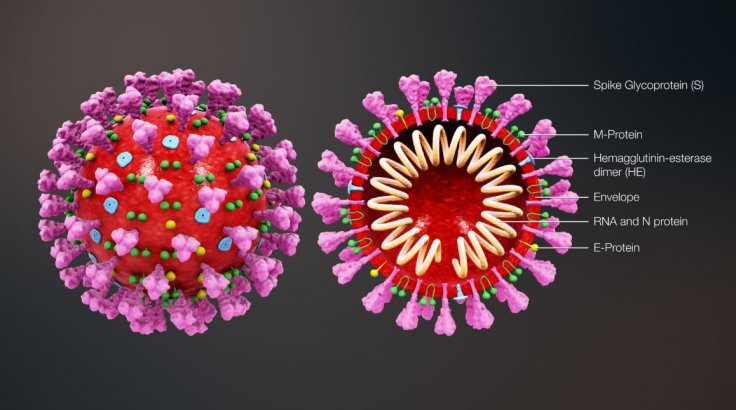The Covid-19 cases in the United States have surpassed 100,000 as on Saturday, March 28, making it the country with the most number of cases. 1,704 Americans have lost their lives in the current pandemic.
With cases surmounting at a rapid pace, medical supplies have been in short supply, prompting states to implement medical rationing policies.
How does coronavirus affect people with intellectual disabilities?

On March 18, 67-year-old Emily Wallace, from Albany, Georgia, became the first American with cognitive disability, to die of coronavirus, Pro Publica reported. The novel coronavirus pandemic places people with intellectual difficulties at a greater possibility of contracting the deadly virus.
This is because it's difficult for them to understand the various protocols adopted to protect oneself from the disease, such as wearing masks and practice social distancing.
How will USA's medical rationing policy affect persons with cognitive difficulties?
At least three US states', viz. Arizona, Washington and Alabama, have unveiled medical rationing policies, that places people with cognitive issues at a lower priority for lifesaving treatment. Alabama's plan states: "persons with severe mental retardation, advanced dementia or severe traumatic brain injury may be poor candidates for ventilator support".
In another part, it's mentioned that, "people with severe or profound mental retardation, moderate to severe dementia, or catastrophic neurological complications such as persistent vegetative state are unlikely candidates for ventilator support". "Children with severe neurological problems may not be appropriate candidates in the pediatric age group", the order states.
In vague terms, Arizona's preparedness plan advises medics to "allocate resources to patients whose need is greater or whose prognosis is more likely to result in a positive outcome with limited resources".
"People with disabilities are terrified", Ari Ne'eman, a scholar at the Lurie Institute for Disability Policy at Brandeis University in Massachusetts told NPR. "They are terrified that when it comes to scarce resources like ventilators they will being sent to the back of the line". "And they are right to be terrified because many states are saying this quite explicitly in their allocation criteria", he added.
He found such medical supplies rationing standards in New York, Alabama, Tennessee, Utah, Minnesota, Colorado and Oregon. Ivanova Smith, a woman with intellectual disability, told NPR, that the reason such discriminatory practices are being adopted is because, "we're not seen as valuable. We're not seen as productive or needed".
Smith is a member of disability rights group that has filed complaint against the state of Washington, for its guidelines that helps doctors to decide scarce, life-saving care. "There's been a long history of people with intellectual, development mental disabilities having our medical care denied", Smith said. As on Saturday, USA has witnessed 104,256 novel coronavirus cases, about 18,000 cases more than Italy's, that emerged as the new epicenter of coronavirus pandemic, after China.









